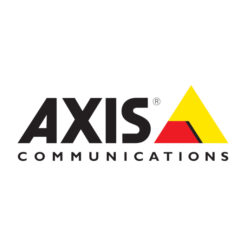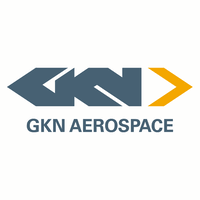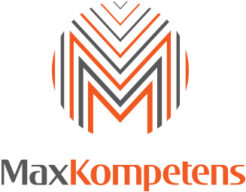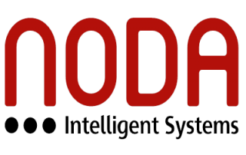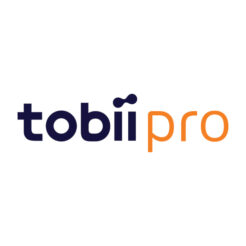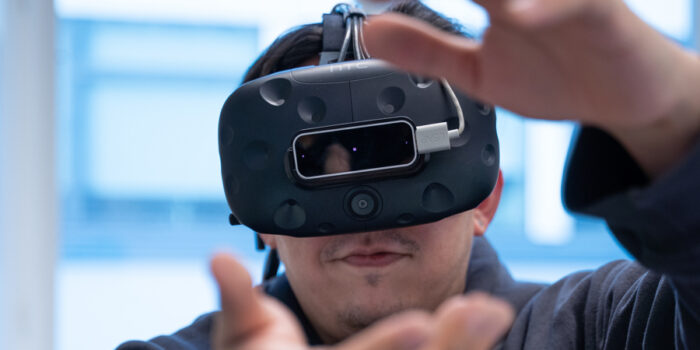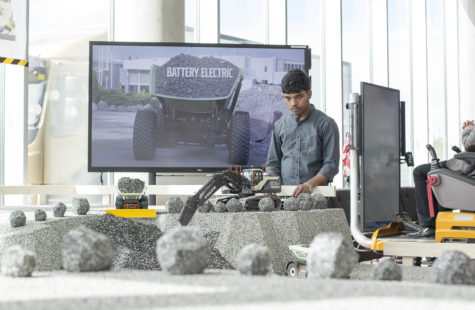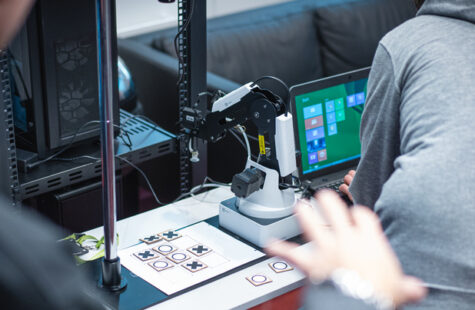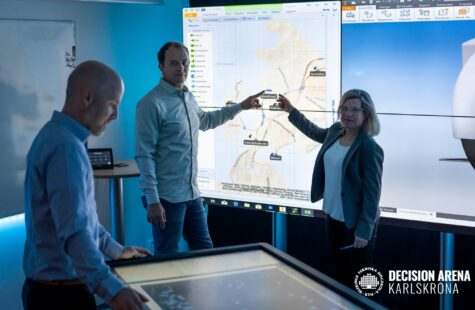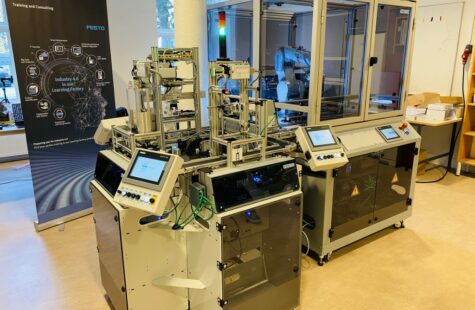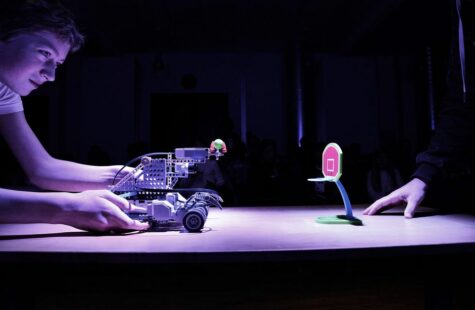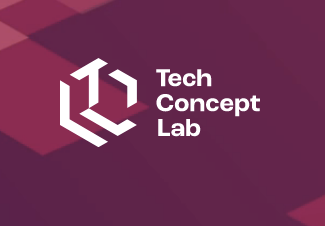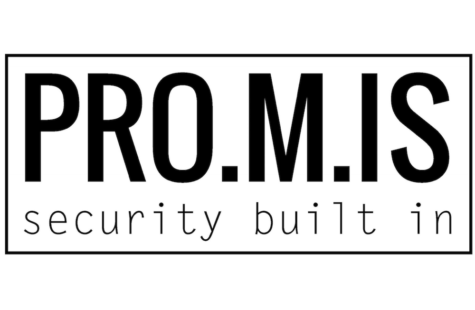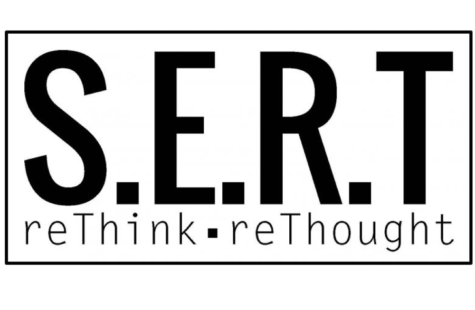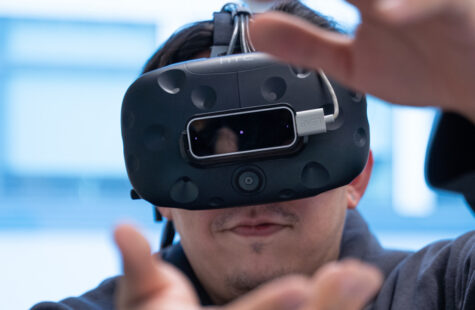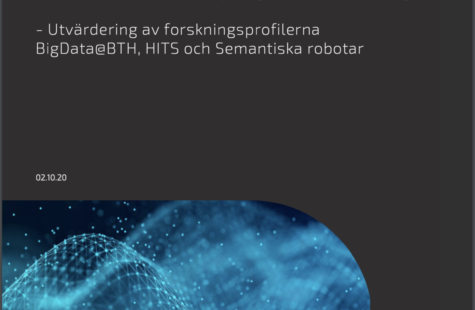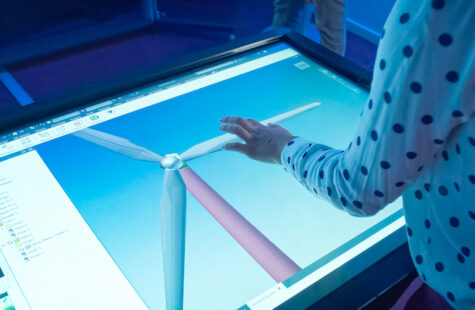KKS-profiler
Mjukvaruintensiv produkt- och tjänsteutveckling – Sveriges framtid
Här presenteras djupare information kring den artikel som publicerades i NyTeknik 2021-05-27
Core research projects
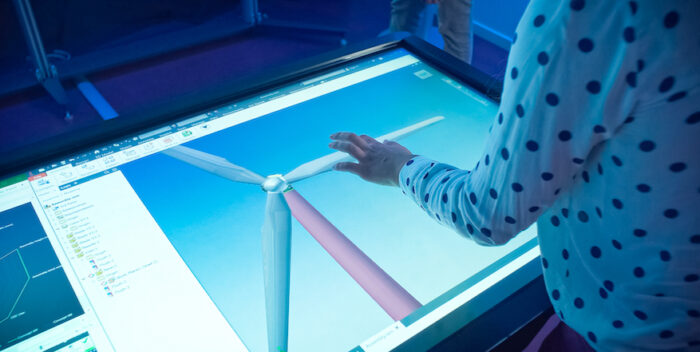
MD3S – Model Driven Development and Decision Support
A KKS profile project led by Professor Tobias Larsson
This research profile will in co-production mode develop, disseminate, and integrate relevant, user-friendly and efficient support methods and tools for sustainable product-service system innovation into business leaders, business developers and product developers working environments that enable and inspire industry to thrive in the changing global context.
SERT – Software Engineering ReThought
A KKS profile project led by Professor Tony Gorschek
SERT – Software Engineering ReThought is a groundbreaking research project with the aim to take on the next generation challenges facing companies developing software intensive systems and products. We as an engineering lab are blazing the road introducing 3:rd generation empirical software engineering – denoting close co-production of pragmatic problem solving in close collaboration with our industrial partners as we perform engineering research into topics critical for engineering and business success.
BigData@BTH – Scalable resource-efficient systems for big data analytics
A KKS profile project led by Professor Håkan Grahn
The research profile, Scalable resource-efficient systems for big data analytics, combines existing expertise in machine learning, data mining, and computer engineering to create new knowledge in the area of scalable resource-efficient systems for big data analytics. The value of the new knowledge will be demonstrated and evaluated in two application areas (decision support systems and image processing).
ViaTecH – Visual and interactive systems with the human and the experience are at the center
A KKS synergy project led by Professor Hans-Jürgen Zepernick & Associate Professor Veronica Sundstedt
ViaTecH, as synergy project, strives for advancements of visual and interactive applications (VIAs; VR, AR etc) to achieve both sustainable quality and enhanced immersive experiences, by incorporating a strong human-centred computing (HCC) component into the development of VIAs. This approach considers users and industries as being peers in an overall human-centred system to reach full potential of benefits for society.
Further information
Research Publications
Partners


